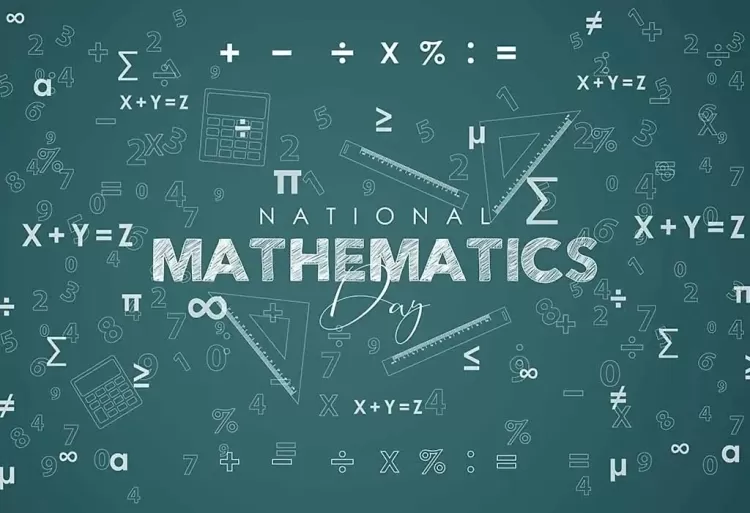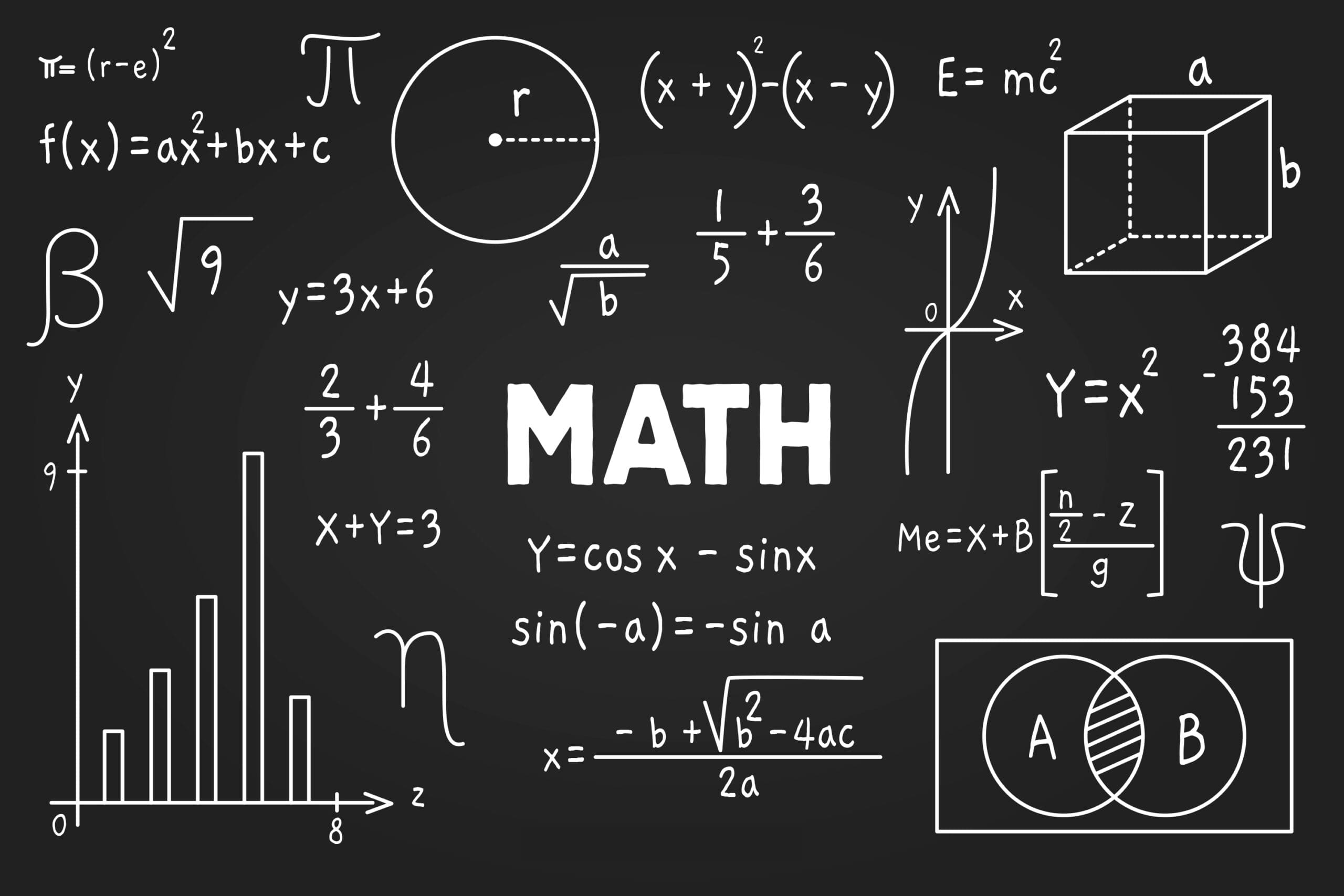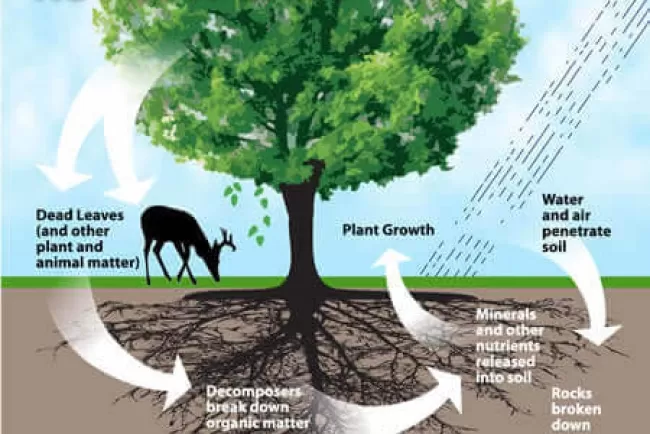Mathematics: The Science of Patterns and Logic...!!!
Mathematics is often hailed as the universal language, encompassing the abstract study of numbers, quantities, structures, space, and changes. It serves as the backbone for numerous scientific disciplines and plays a crucial role in our comprehension of the natural world. Far from being confined to classrooms and textbooks, mathematics is a fundamental part of everyday life, influencing fields as diverse as technology, engineering, art, and music.

The Beauty of Numbers and Patterns
At its essence, mathematics is about identifying and analyzing patterns. From the simple act of counting to complex calculations in advanced theories, numbers are the cornerstone of mathematical thought. Beginning with the natural numbers (1, 2, 3,...) as the basic elements, mathematics extends to integers, fractions, irrational numbers, and complex numbers.
One of the most enchanting aspects of mathematics is its ability to describe patterns and relationships using equations and formulas. For instance, the Fibonacci sequence, in which each number is the sum of the two preceding ones, is observed in various natural phenomena, such as the arrangement of leaves on a stem and the spiral patterns of shells. Similarly, the golden ratio, approximately equal to 1.618, frequently appears in art, architecture, and nature, illustrating the inherent beauty of mathematical relationships.
Branches of Mathematics
Mathematics is a vast and diverse field, consisting of several branches, each with its own focus and applications. Key branches include:
1.Arithmetic: The study of basic operations like addition, subtraction, multiplication, and division, forming the foundation for more advanced concepts.
2.Algebra: A branch dealing with symbols and the rules for manipulating them, used to solve problems and represent abstract ideas.
3.Geometry: The study of shapes, sizes, and spatial properties, ranging from basic points, lines, and angles to complex three-dimensional figures and theorems.
4.Trigonometry: Focused on the relationships between the sides and angles of triangles, essential in fields like physics, engineering, and computer graphics.
5.Calculus: Concerned with change and motion, divided into differential calculus (studying rates of change) and integral calculus (focusing on accumulation and areas under curves).
6.Statistics: The study of data collection, analysis, interpretation, and presentation, crucial for informed decision-making in science, economics, and social sciences.
7.Number Theory: The exploration of properties and relationships of numbers, particularly integers, including prime numbers, divisibility, and patterns.

Applications of Mathematics
Mathematics permeates our daily lives and has countless practical applications. In engineering, mathematical principles guide the design and construction of buildings, bridges, and machinery. In finance, mathematics models economic trends, manages investments, and calculates interest rates. In medicine, mathematical models help understand disease spread, optimize treatment plans, and analyze medical data.
Technology, a significant driver of modern society, relies heavily on mathematical algorithms and computations. From search engine algorithms to social media platforms and encryption methods securing online transactions, mathematics is at the core of technological advancements.
The Role of Mathematics in Education
Mathematics education is vital for developing critical thinking, problem-solving skills, and logical reasoning. It encourages students to approach problems methodically, analyze situations, and make informed decisions. The study of mathematics also fosters creativity, often requiring innovative approaches to solve complex problems.
Mathematics is a powerful and versatile tool shaping our understanding of the world. Its universal language transcends cultural and linguistic barriers, making it a fundamental aspect of human knowledge. From the elegance of pure mathematics to practical applications in various fields, mathematics enriches our lives and drives progress. As we continue to explore and expand our mathematical horizons, we uncover new patterns, solve intricate problems, and unlock the mysteries of the universe
What's Your Reaction?

















